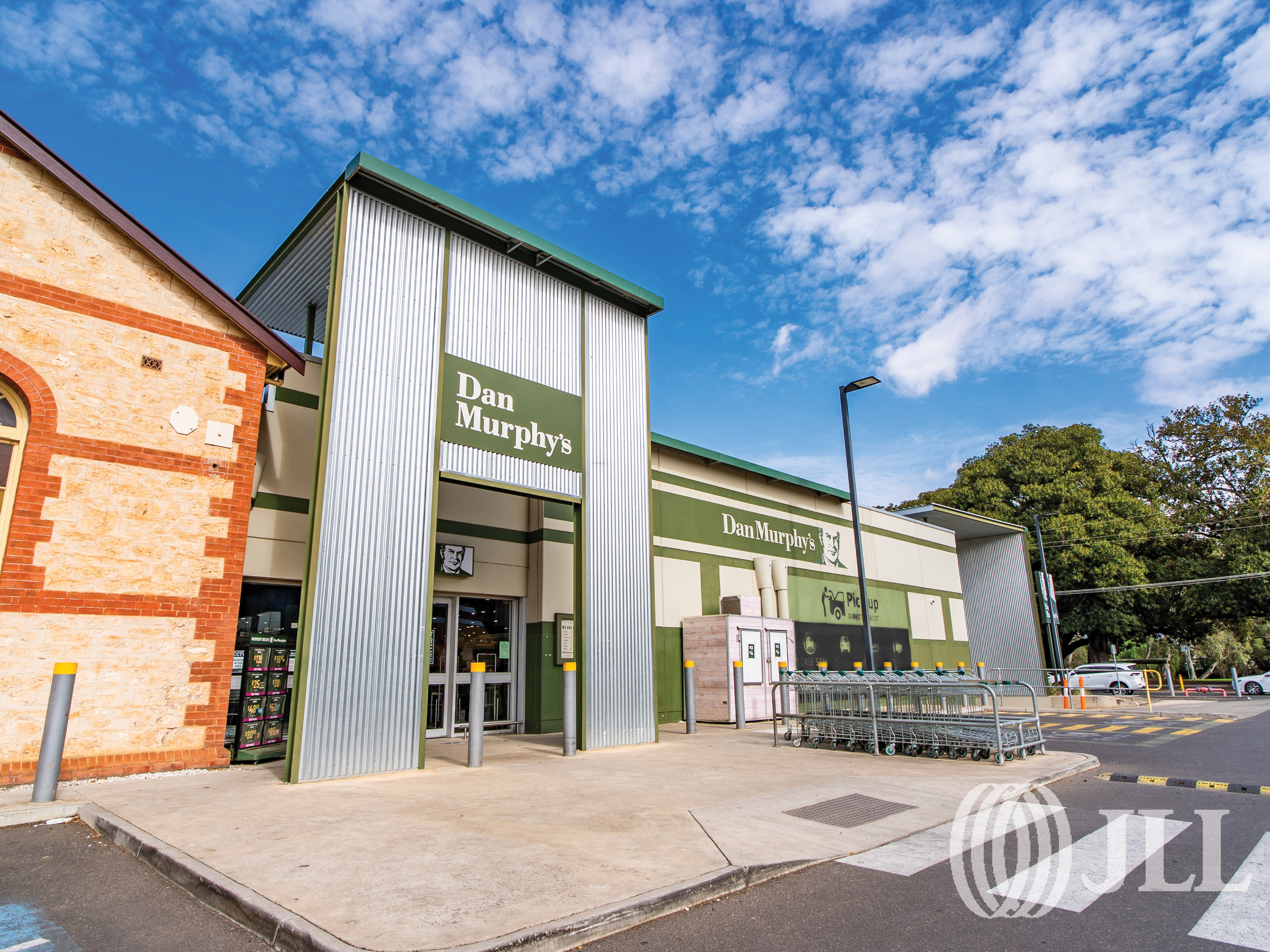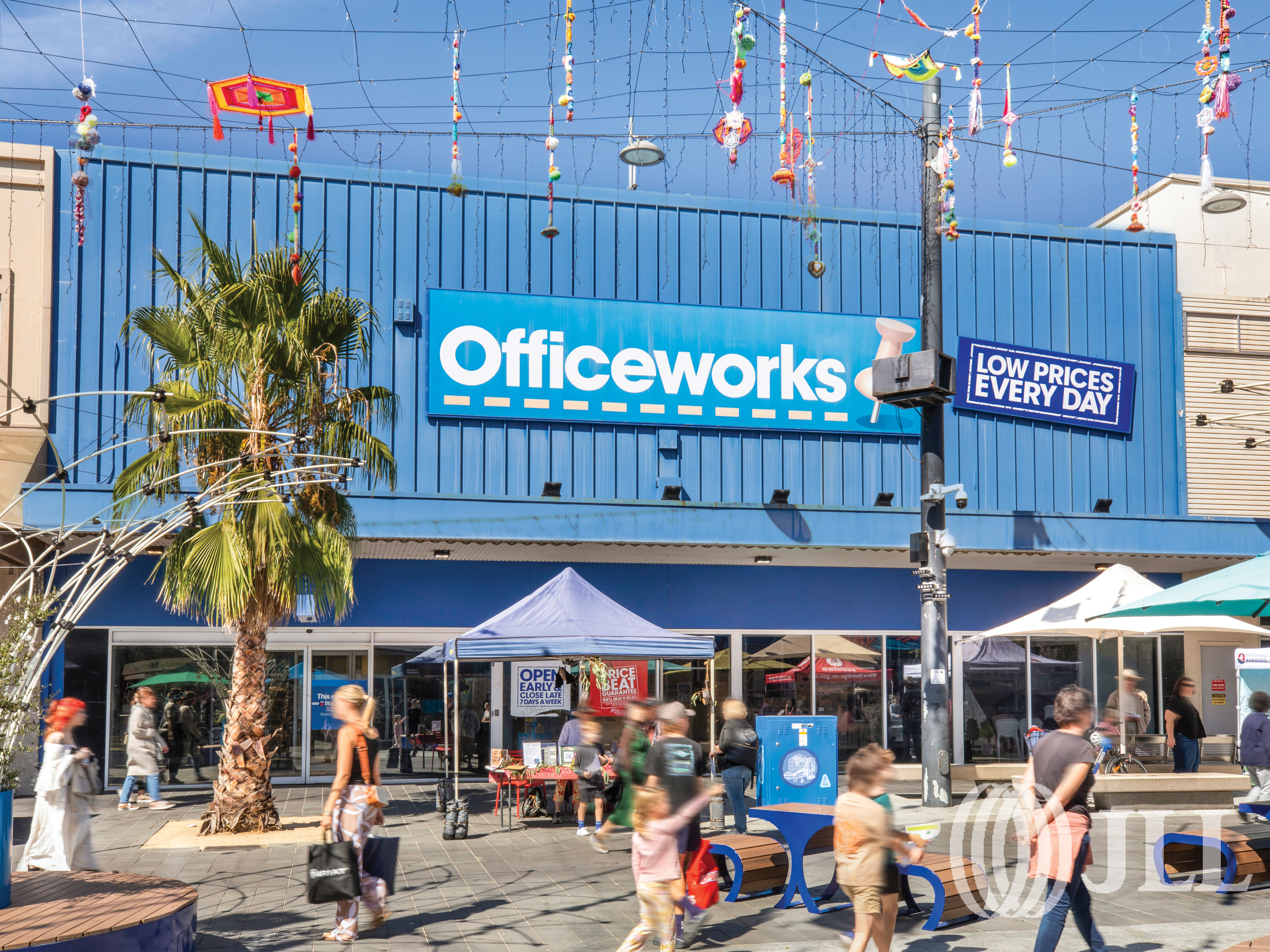What a Chinese New Year without travel means for retail
Restricting the world’s largest human migration is expected to shift shopping patterns online and in store
For China’s massive labor force of migrant workers — those born in the countryside who moved to cities for work — Chinese New Year is usually the only time all year they return home. It’s widely regarded as the biggest annual human migration on earth.
But this year authorities in the country’s major cities have asked workers to try to stay where they work, part of an effort to limit the spread of COVID-19.
Most people are supporting the cause. The number of passengers traveling in the five days before the Spring Festival travel rush dropped 76 percent from the same period in 2020, according to official data.
The shift is set to impact consumer spending and retail, from further fuelling the country’s e-commerce boom to providing a boost to physical stores in cities that often empty out over the holiday period.
"The travel restrictions are upending the traditional off-peak season for the urban retail market,” says Jacky Zhu, head of retail research for JLL China. “Instead of celebrating with their families at home, younger generations are seeking alternatives to enrich the holiday atmosphere. Gathering with friends and going out for entertainment are expected to increase the consumption of fashion, food and beverage, and entertainment in cities with large populations.”
Urban retail
Most years the rush to the countryside feeds local consumer markets. The Spring Festival usually accounts for about 20 percent to 30 percent of the annual sales for catering companies in such cities, according to official data. Local shopping malls, supermarkets, restaurants, accommodation, entertainment and tourism all get a boost.
This year, however, much of that spending will flow into the economies of major cities. Retail operators in Beijing, Shanghai, Guangzhou, Shenzhen and elsewhere are preparing to meet the surge in demand during what is usually their off season.
Looking for more insights? Never miss an update.
The latest news, insights and opportunities from global commercial real estate markets straight to your inbox.
“This year really turns everything on its head,” Zhu says. “That’s why we expect the urban retail market to prosper throughout a different Chinese New Year.”
Furthermore, the Chinese government, in response to the migrants’ outrage over the new restrictions, is hoping to encourage people to stay put with gift baskets and discounts on shopping and other activities.
It’s not just shopping malls and food-and-beverage outlets expected to feel the impact. Gyms and sports centers will see robust traffic, while short-distance travel becomes in many ways a whole new option. Online travel platforms such as Ctrip, Tongcheng, Hornet's Nest, Qunar and Meituan have launched new products and activities for local travel.
Logistics
In addition to boosting urban retail, the travel restrictions are also likely to further fuel the boom in e-commerce that has ramped up during the pandemic. China's online retail goods sales rose 15 percent in 2020, making China the biggest online market in the world for the eighth year in a row.
Investment Opportunities
“We may see a rise in logistics activity over the Lunar New Year period this year as many people refrain from holiday travel,” says Warner Brown, head of logistics research for JLL China. “For example, we’re hearing reports of parents sending hometown specialties to children who remain in big cities, and people staying put for the holidays may treat themselves to some online shopping, continuing a trend we observed last year of more shopping being conducted online.”
The structural shift in shopping patterns has meant big e-commerce firms and logistics companies have an increased need for leasing Grade-A logistics spaces. Net absorption in 2020 reached 5.8 million square meters, up 49% from the year before, according to JLL data.
Investors have also swooped in, with investment volumes in China’s logistics sector up 77 percent in 2020 compared to the year before.
“We’re likely to see that demand sustained in 2021,” Brown says.
Contact Jacky Zhu
Head of Retail ResearchWhat’s your investment ambition?
Uncover opportunities and capital sources all over the world and discover how we can help you achieve your investment goals.




